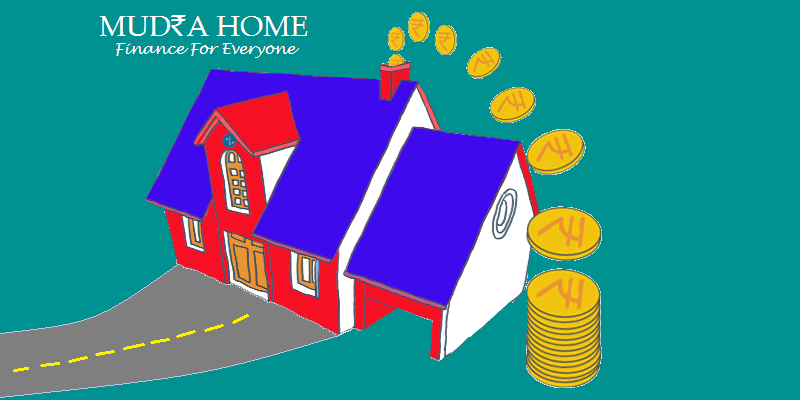
Buying a home is a life time decision and needs a strong financial commitment. When the borrower decides to buy the property and finalize the loan lender, the main problem they face is the loan amount. The loan amount given to the borrower is decided on pre decided terms and conditions. The documents, financials, income source and the market reputation of the borrower decide the credit worthiness of the borrower. The Banks/ NBFC’s send an independent valuer to get an estimate of the value of the property. This estimation gives an idea to the Bank/ NBFC to limit their risk and this value is different from the market value that provides a more accurate value of the property at the time of selling it. The lender’s value is generally lower than the market value.
Agreement Value in layman terms can be explained as the value on which two parties have decided to execute the transaction of the property. Agreement value is the value that is shown on the sale deed or on which the loan amount is agreed. The registration Fee and the stamp duty is charged as per the agreement value and while selling the property the difference between the sales price and the agreement price is the gain for the owner. Agreement value is the practical amount one has to pay to buy the property. Agreement Value is derived from the collector guidelines decided by the collector every year. It is the minimum amount on which the sale deed has to be executed and the stamp duty is applicable according to this value. Agreement value is also important in another way where agreement value decides asset value in books of accounts of the customer and Agreement value is one of the most important factors while calculating the loan amount in Home Loans. Banks/NBFC’s have different –different eligibility criteria for the consideration of agreement value. For Example few Banks consider 90% of Agreement value as the maximum loan amount which can be offered to the customer in case of Home Loan. In case of Loan Against properties agreement value does not play any important role.
Acquiring a property in India market value means it is the price on which the property is being sold in the open market. Generally it is considered that Market value is always higher than the agreement value. There is no defined formula for calculating the fair market value of a property. The practice most commonly used to estimate fair market value is to look at the sale instances of similar properties in the same vicinity. Fair market value is the value which gives the idea of how much money can be made by selling the property at the right time. Market Value has nothing to do with the stamp duty. The property’s market is the value which a house owner would get from house if it is sold by the owner. Market value also plays a very important role for the loan eligibility calculation for home loans and Loan against properties. In case of home Loans both agreement value and market value comes into picture. Like explained earlier few banks consider 90% of agreement value. Similarly these banks consider 80% of Market Value. But simultaneously lower of the two is considered while offering the loan to the customer.
In case of Loan Against properties only market value is being considered for calculating the eligibility of loan to be offered on the property. All Banks / NBFC’s have different percentage which is considered for giving the loan. This is also knows as Loan to Value in financial terminology. It varies from 40% of the Market value to 80% of the market value depending on the type of property.
